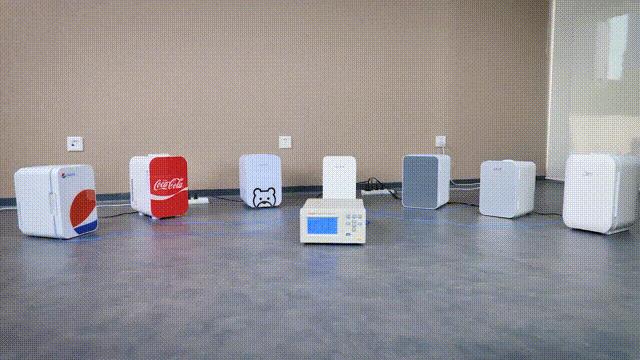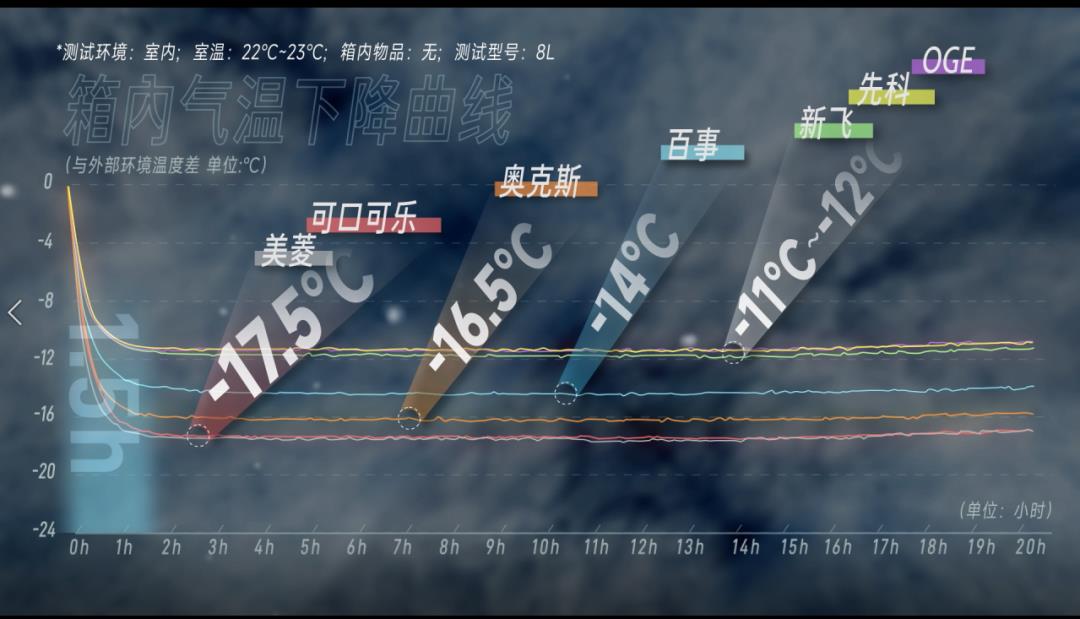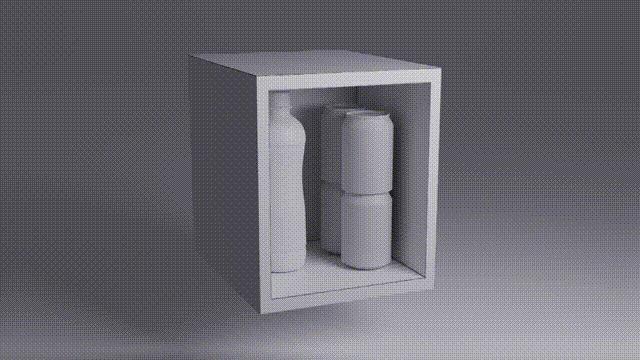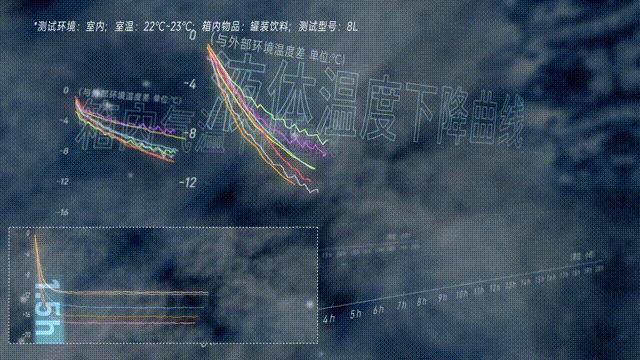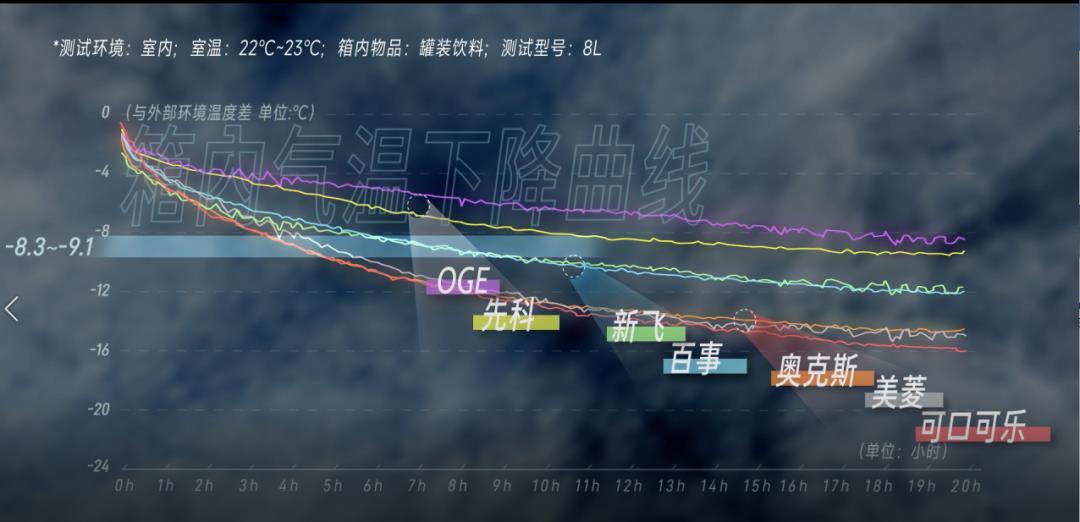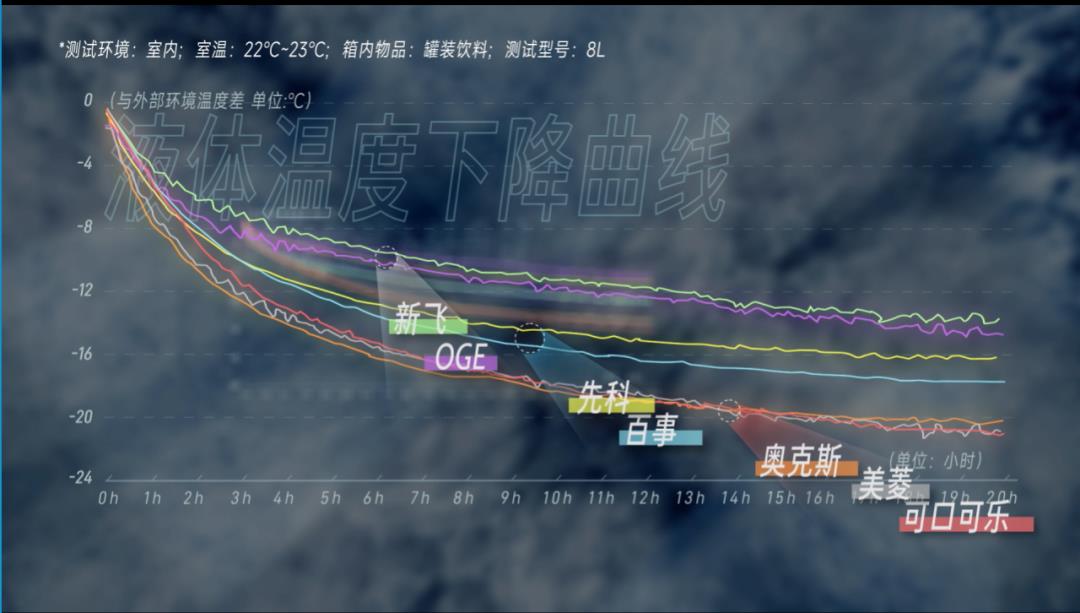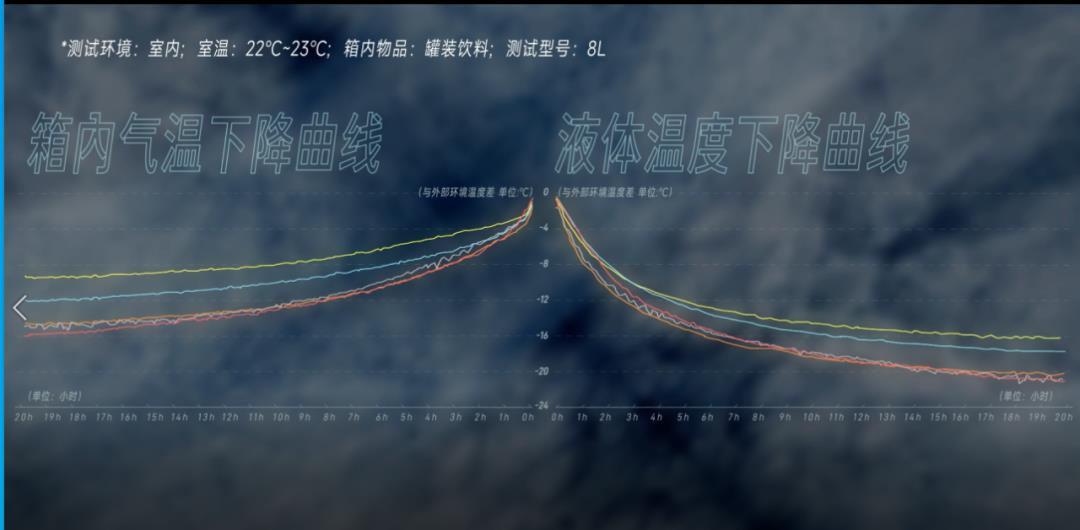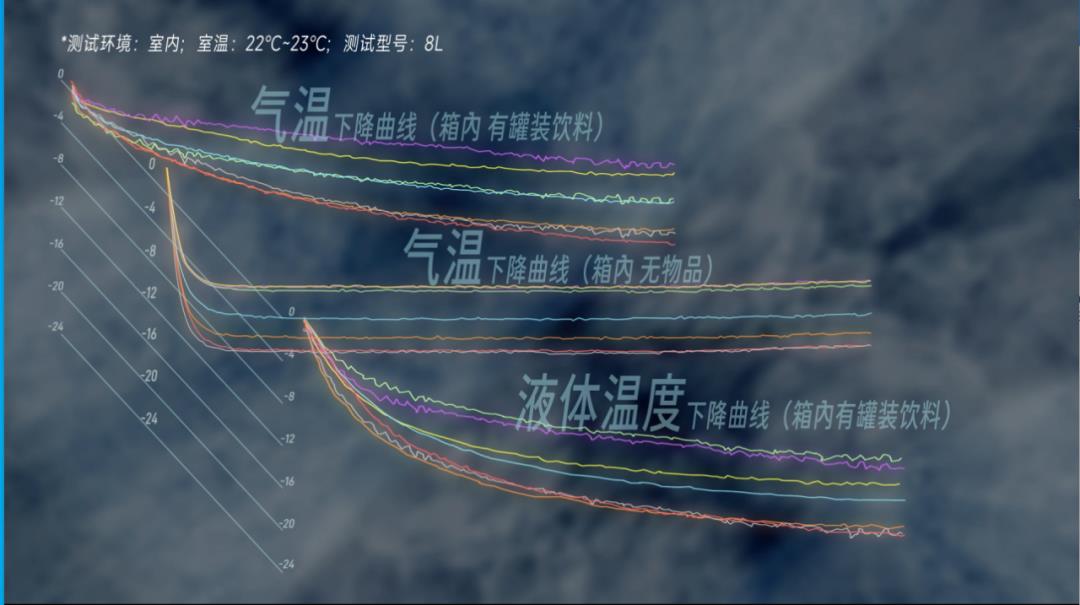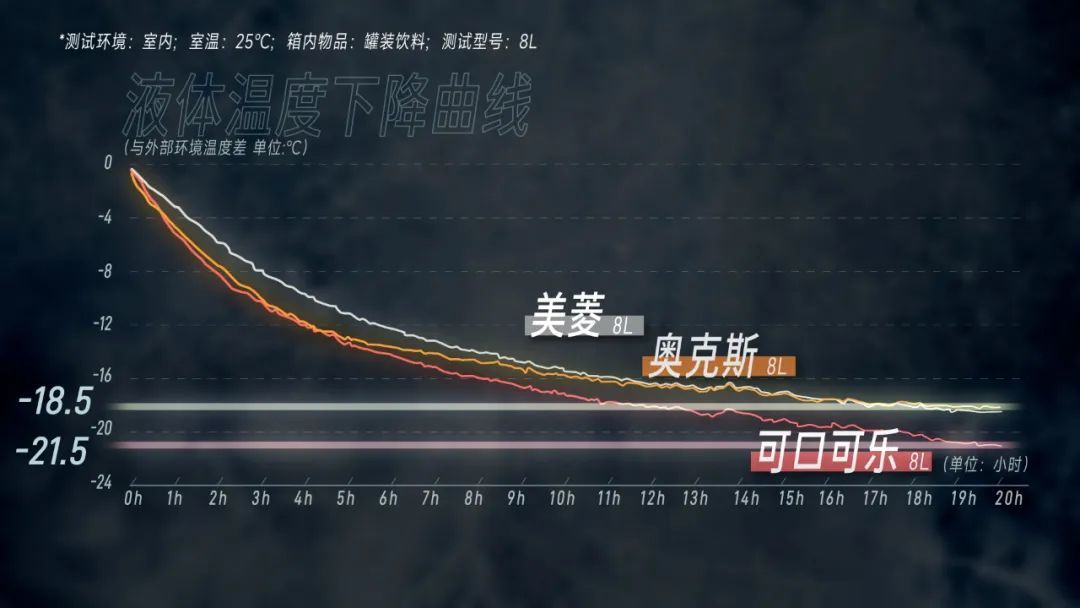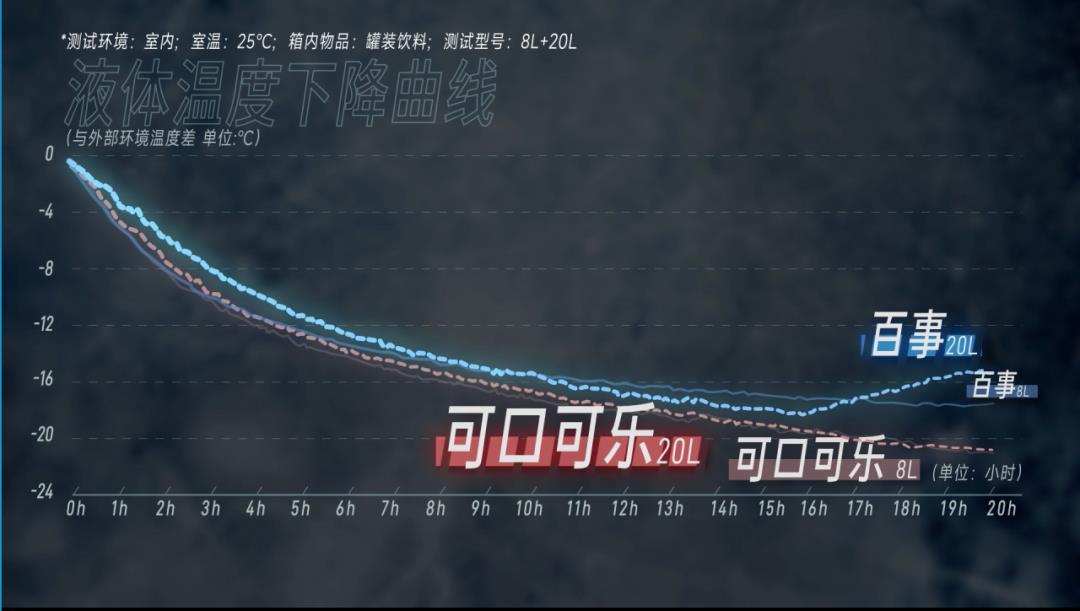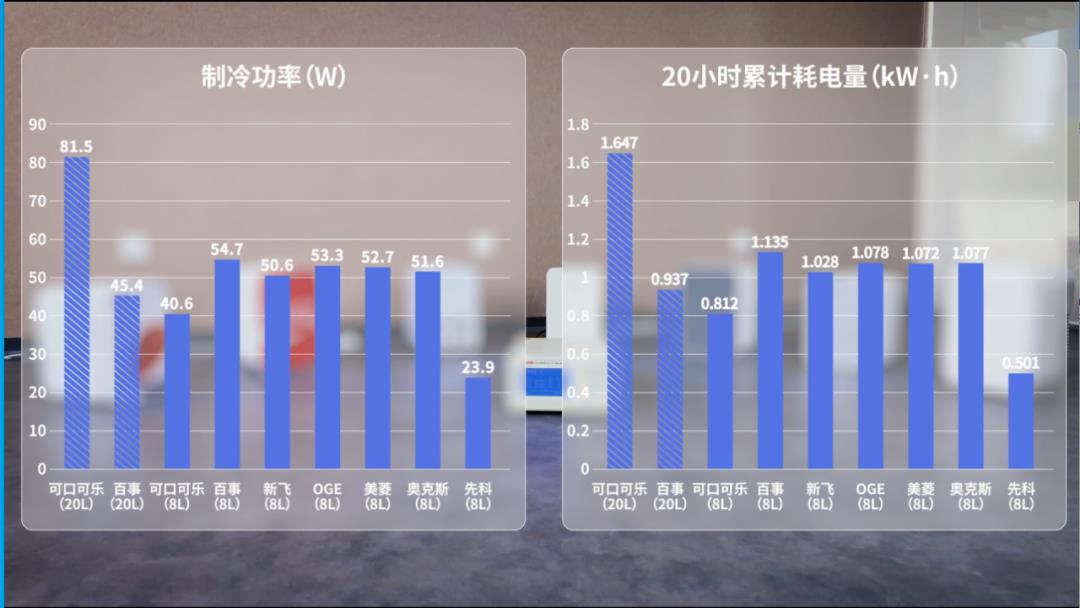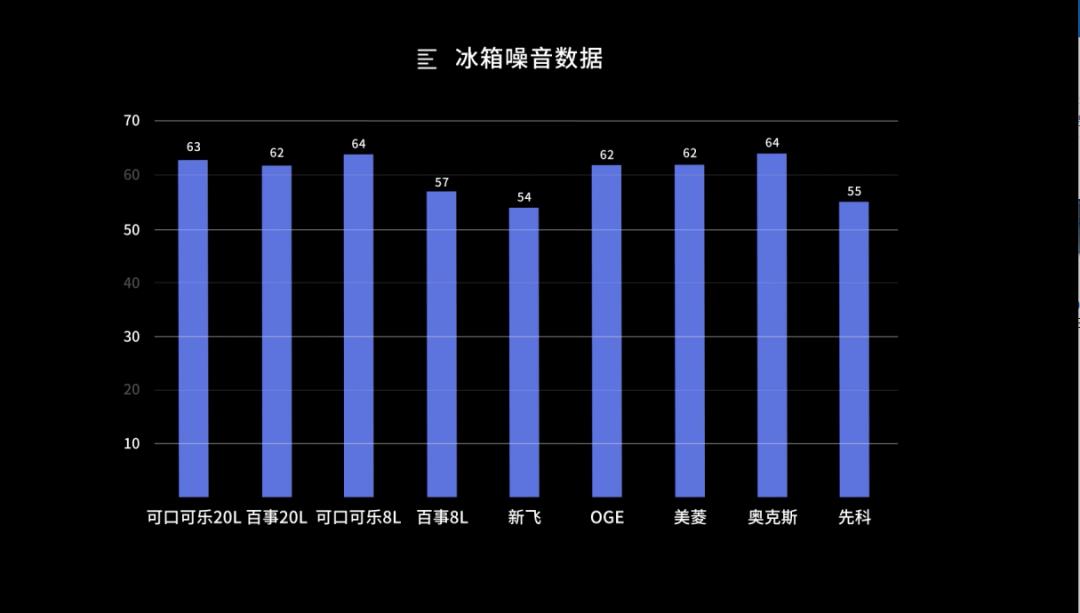Tang Kun: From participation to leading "youth is the master" to light up healthy China
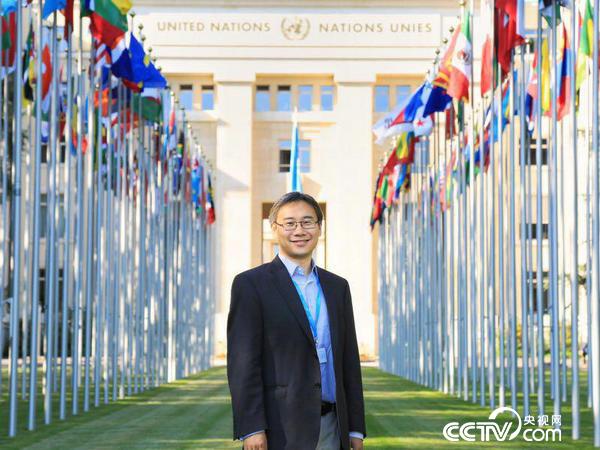
Tang Kun (Photo courtesy of the interviewee)
CCTV News:"Young people have the right to sexual and reproductive health." As soon as he saw Tang Kun, he talked to reporters about the topic of "youth health education" without any guidance from reporters.
As a post-80s young teacher, Tang Kun has been paying attention to the field of adolescent sexual and reproductive health for 15 years. In his words, this field has changed his life track.
The rights of young people
In 1994, the Programme of Action was released at the International Conference on Population and Development (ICPD) held in Cairo, in which it was mentioned: "The social action for adolescents’ reproductive health needs should be to provide information to help them grow up and make responsible decisions. In particular, teenagers should be provided with information and services that can help them understand their own sexual characteristics … …”
Since the ICPD 24 years ago, great progress has been made in reproductive health and rights on a global scale. At present, China’s population and family planning work has shifted from population control to total regulation, quality improvement and structural optimization, and has entered a new era of "encouraging birth according to policies and promoting long-term balanced population development". People get more information about their reproductive rights and choices, and more ability to defend their rights, including teenagers.
"Youth health education, young people are more sharing and participating, and even leading." Tang Kun said that this is a question about choice and rights, and this youth cause is very important. At present, the number of induced abortions in China is about 9 million every year, and the trend of younger induced abortions is becoming more and more serious. Tang Kun said: "Youth health education focuses on teenagers’ comprehensive sexual and reproductive health, from the confusion of adolescence to the confusion of interpersonal communication, from the decision of sexual behavior to how to prevent the spread of AIDS … …”
Teenagers are the subjects of providing health services, not just the objects. "Health services should aim at satisfying clients, not just looking at statistics. It needs to meet the needs of the group to know, not mandatory, and the communication effect is very important. " Tang Kun said that this is his deepest experience in doing youth health education in recent years.
China youth network with Youth Participation
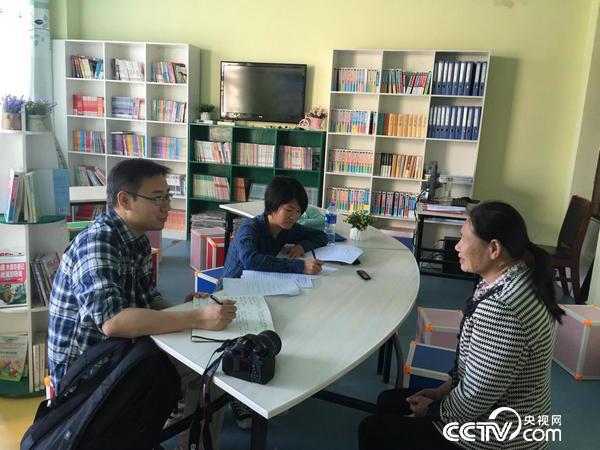
Tang Kun actively participates in disease prevention and popular science work (Photo courtesy of the interviewee)
On World AIDS Day in 2002, Tang Kun, a sophomore and president of the Student Union of Peking University Basic Medical College, led a volunteer team to ditan hospital to publicize how to prevent and treat AIDS. "At that time, many people came to watch. A young man pushed a bicycle to come over and asked what he was doing outside the crowd. When he heard that it was propaganda to prevent AIDS, he immediately pushed the bicycle and ran away." Tang Kun said that he still remembers the left figure. "The core of young people’s right to sexual and reproductive health is not only how to enjoy it, but more importantly, how to exercise it."
In mid-2004, a national youth organization — — China youth network was founded under the initiative and organization of China Family Planning Association (CFPA). Tang Kun has become one of the most active members of this youth organization. "Youth participation" is to let young people participate in his own sexual and reproductive health work, projects and practices.
"I was confused at first. As a young man, how can I effectively participate in it?" Tang Kun said that the World AIDS Conference held in Thailand in 2004 made him suddenly enlightened. It was the first large-scale international conference he attended on behalf of the youth network. At that meeting, he saw the features of young people from all over the world, who stood at the forefront of advocating young people’s sexual and reproductive health rights and preventing AIDS. "I am very excited, and my horizons are broadened at once. By looking at booths and posters in different countries and watching the activities of young people in different countries, we can also do a lot of things to speak on behalf of young people in China! "
After returning, Tang Kun joined the students in the youth network to go to school and enter the community to spread the prevention, scientific research and treatment of AIDS and provide health services for young people. "Sex education is not a physical health class. Comprehensive sex and reproductive health education is to tell young people to keep a positive outlook on life, face the relationship between the sexes correctly and how to overcome peer pressure. Let them also participate in designing these contents. " Through continuous efforts and attempts, china youth network has not only launched a series of various and effective youth health intervention projects in China, but also shared China’s experience with young people in other countries. Since then, the World AIDS Conference has become a position for china youth network to show the confidence and determination of young people in China to prevent AIDS. Up to now, setting up a booth for young people in China at the World AIDS Conference has become a fixed project of the youth network. At every conference, you can see the beautiful elegance of young people in China who advocate AIDS prevention.
Collect "evidence" of youth health education
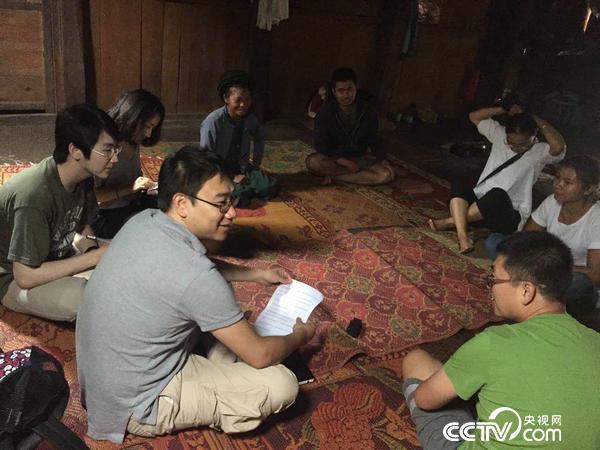
Tang Kun Data Map (Photo courtesy of the interviewee)
In 2007, Tang Kun gave up his previous choice — — Peking University’s eight-year doctor of basic medicine. After getting my undergraduate degree, I applied for the global health direction of Harvard University. "Being a doctor was my dream before college, and participating in china youth network changed my later study track and even my life track." After studying for a master’s degree in population and international health at Harvard, Tang Kun went to Oxford to study for a doctorate in epidemiology.
"As a public health practitioner, when designing a project (service), if there is no participation of the client, that is, young people, you don’t know what his needs are? On the one hand, this is the embodiment of rights. On the other hand, it is possible to provide them with better services by listening to the voices of young people and treating them as partners. "
In a class on health system at Harvard, the lecturer was the former health minister of Mexico. He told the young students in the audience that his dream from his youth was to make a developing country like Mexico enjoy health services for all. This deeply touched Tang Kun. His study and research abroad made him more systematically realize the integration of research methods and practice. And his ultimate goal is to return to the motherland and serve the young people in China.
"The research and dissemination of adolescent sexual and reproductive health is more based on experience and lacks evidence." After returning to China after graduating from Ph.D., Tang Kun and the China Family Planning Association jointly launched the Survey on Sexual and Reproductive Health of China University. Through the method of online questionnaire survey, 18,000 college students aged 18-25 registered in Chinese mainland universities were surveyed, covering more than 130 universities in China. Through data analysis, the best practice working mode of youth health is summarized, which provides evidence-based research evidence for youth health education.
In mid-October 2018, Tang Kun was hired as a member of the Expert Advisory Committee on Child Health Indicators of the World Health Organization. In the next two years, together with 11 members from other countries, he will set monitoring indicators for global child health and provide evidence support and policy suggestions for the global realization of sustainable development goals related to child health.
Choice is changing individuals, families, countries and the whole world, and it will continue to change all this. Tang Kun said that his every choice seems to be inseparable from the youth group, and he hopes to become an epidemiologist in this field. (Text/Zhang Ke Yi Respondent/Tang Kun Tsinghua University Young Teacher)


